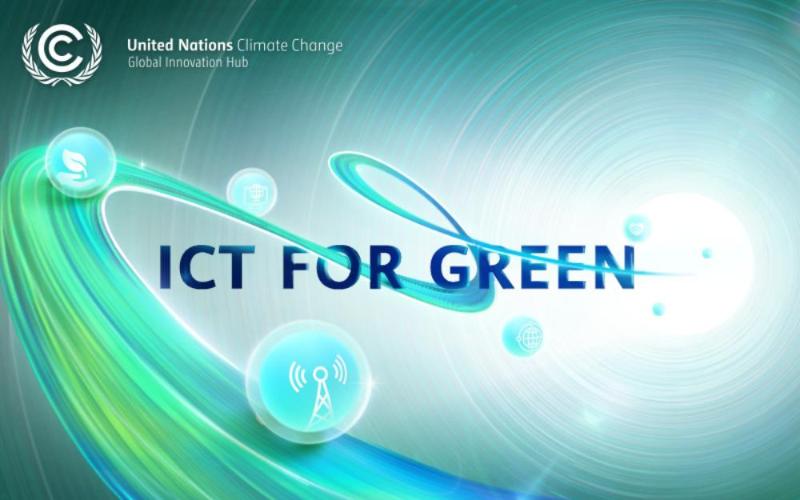Huawei Calls For Network Evolution At COP27
The Huawei chief said information and communication technology, or ICT, will digitize industries, spur innovation and green other industries.
The views were expressed at a session organized by the United Nations Framework Convention on Climate Change (UNFCCC) Global Innovation Center (UGIH) during the 27th Conference of the Parties or COP27 in Sharm El Sheikh, Egypt.
Philip Wang, Huawei's executive vice president for the North Africa region, noted the so-called "opportunity effect" and said that ICT "makes other industries greener."
"5G, artificial intelligence, data analytics, cloud computing will all improve manufacturing processes in ways that reduce energy consumption and carbon emissions," he said.
Just as ICT allows a smart street light to turn off when no one is around, says Philip Wang, 5G wireless base stations can automatically turn off when no one is around, saving energy.
Base stations require a power source and antenna. Huawei has replaced diesel generators in Nigeria and Angola with solar panels, providing a clean source of electricity. Meanwhile, the company launched a 5G green antenna that covers an area of up to 500 meters with half the transmission power. It reduces energy consumption by 30%.
Luis Neves, CEO of the Global Sustainable Development Initiative (GESI), spoke during the session and emphasized that digital technologies should be at the center of the climate discussion.
"When you combine sustainable thinking with digital technology, I believe we can create a powerful machine to drive the sustainable development agenda and accelerate the path to a world where 10 billion people can live healthy lives," he said.
To this end, ITU-T members including Huawei have proposed a standard for measuring network power consumption. The standard, known as the Network Carbon Intensity Energy Metric, was approved by the ITU-T on 19 October as ITU-T Recommendation L.1333.
According to MTN Group Director of Sustainability and Corporate Affairs Nompilo Morafo, the key to achieving the zero target is "sustainable and measurable action". "The use of digital technologies in this journey offers unique potential for green energy generation and increased energy efficiency across all industries," he said.
The UNFCCC UGIH session ICT for Green looked at ways to use transformative ICT technologies to enable green development across a wide range of sectors and facilitate the global path to zero emissions.


